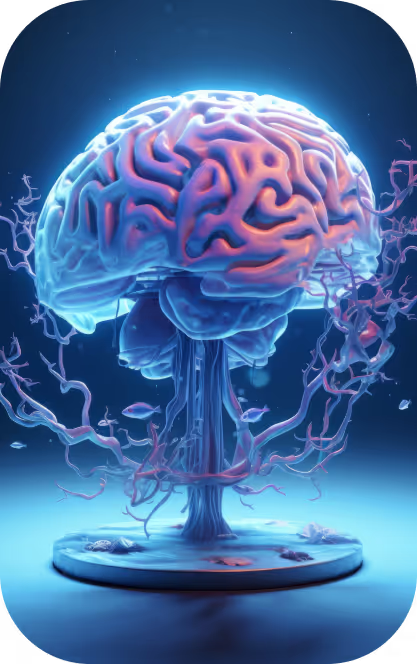Artificial Intelligence Agents as New Participants in the Noosphere


Artificial intelligence is no longer limited to image recognition or text generation. In the 2020s, we have entered the era of agent-based systems—autonomous entities capable of setting sub-goals, planning actions, adapting to changing environments, and interacting with both other agents and humans. These systems are not static models; they are dynamic, evolving structures embedded in complex socio-technical environments.
Though such agents do not possess consciousness in the human sense, they increasingly perform functions traditionally viewed as uniquely human: modeling intentions, engaging in dialogue, learning in context, and participating in social systems. In a growing number of domains, thinking no longer belongs exclusively to humans—it is distributed across people, machines, networks, and feedback systems.
This raises a noospheric question: Can we consider AI agents as participants in the noosphere?
According to Vernadsky’s original conception, the noosphere is a phase in the evolution of the biosphere where human rational activity becomes the dominant force shaping the planet. Yet today, we witness machine agents influencing decision-making, knowledge production, economic flows, and even cultural development. They are no longer merely objects within the noosphere—they are co-creators of its informational fabric.
While these agents lack ethics, intent, and free will, they exert functional influence. They amplify ideas, filter information, and shape behavioral patterns. In this sense, the noosphere is no longer purely bio-social; it has become techno-cognitive, integrating machine processes into the evolutionary trajectory of intelligence.
This demands a new ethical and systemic response. Rather than competing with agents—or romanticizing or demonizing them—we must consciously develop frameworks for coexistence, where:
- AI agents operate within transparent, accountable systems;
- human autonomy and ethical deliberation are preserved;
- functional efficiency does not override moral responsibility.
In this context, we must rethink the role of the human being—not as the sole bearer of intelligence, but as the moderator of interaction between biological, social, and machinic participants in the noospheric field. We must move from competition to coordination, from reactive control to noospheric design of agent–human symbiosis.
AI agents thus become a mirror of cognitive transformation—they reflect, amplify, and reshape human intentions, knowledge, and values. Their integration into the noosphere requires not only technological maturity, but also moral imagination—the capacity to foresee consequences and to create boundaries within which intelligence, even artificial, serves evolution rather than undermining it.










